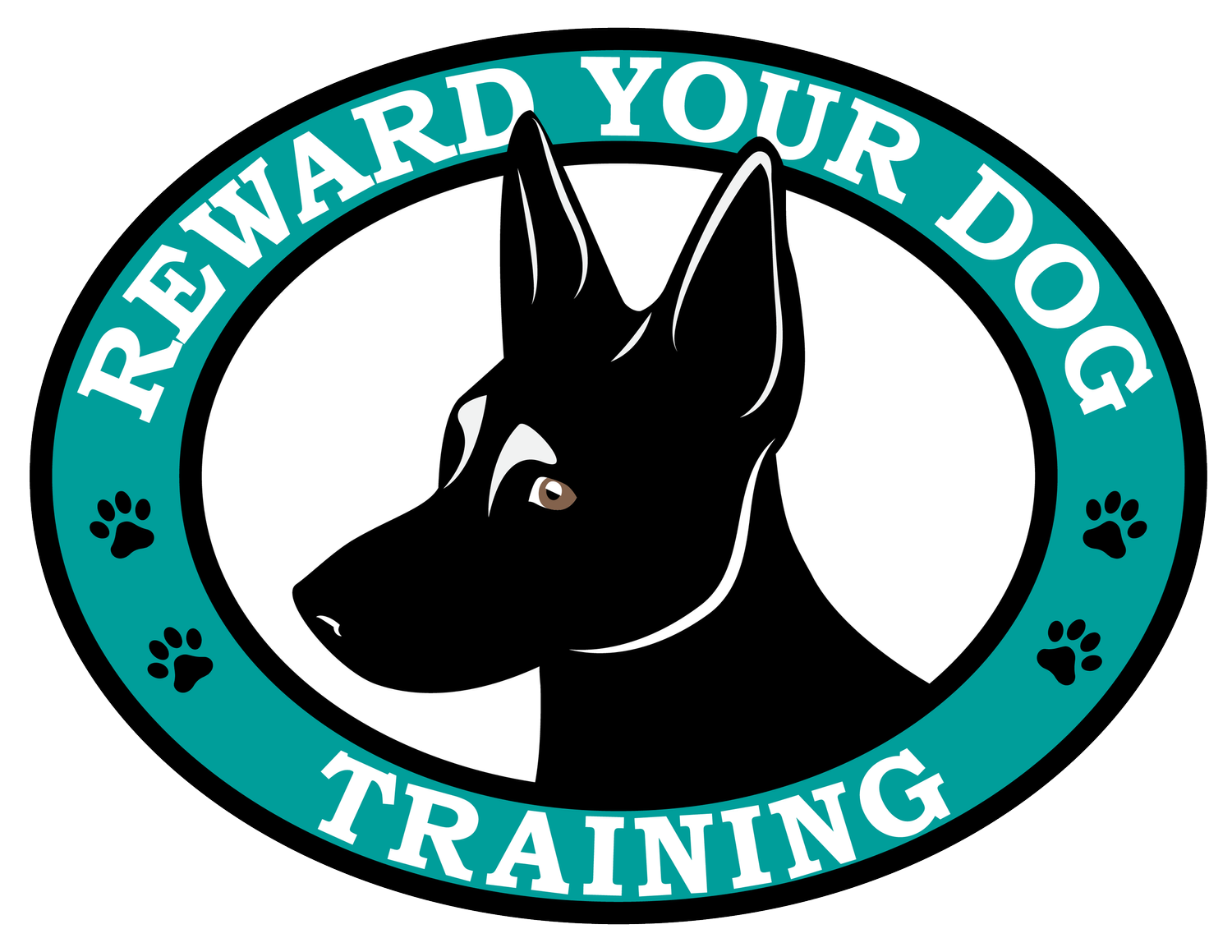What is the Difference between a Dog Trainer and a Behavior Consultant?
As you know, I’m a certified behavior consultant, which means that I have fancy letters after my name and am therefore very official indeed (™). But what exactly does it mean to hire a behavior consultant versus a trainer?
This adorable pup is barking - which overall is a completely normal dog behavior. At which point does barking require a behavior consultant? Read on to find out!
What Makes a Dog Trainer
While dog training is an unregulated industry, and that comes with a whole bunch of issues, I will save this particular can of worms for a later blog and instead just give this basic caveat: I encourage you to look for a dog trainer who utilizes rewards-based methods to build these skills in order to also create trusting communication between you and your dog.
Generally speaking, dog trainers are educated in how to teach dogs skills, such as sit, down, place, leave it, drop it, loose leash walking, and more. In short, if you are looking to build a common training language and effectively work together with your dog to build behaviors and make them really solid, then a dog trainer is the right person for the job.
You will find dog trainers teaching puppy and trick classes, instructing nosework and other sports, and working 1:1 with clients on developing your own and your dog’s training skills. It is important to note that trainers work with dogs that are behaviorally normal for the stage of life they’re in and can help you weather the normal ups and downs of puppyhood, adolescence, and adulthood of your dog.
When Should You Bring in a Behavior Consultant?
Behavior consultants, on the other hand, work with dogs who show behavior that is outside the realm of normal development. For example, it is very common for adolescents to have bursts of energy and get into trouble every now and then, but if your adolescent is unable to settle in the home or lunging at you if you pass by their blanket as they’re chewing a bone, their behavior is outside the norm. Similarly, puppies may occasionally be a bit scared of new things, but if they seem live in a constant state of fear of the outside, there’s more going on than just puppy sensitivity. A final example is that some excitement and pulling on the leash when seeing a dog or a person is quite normal if the dog is still working on leash training, but lunging, barking, cowering, or snarling when seeing a dog or a person is not. And that is where behavior consultants come in.
What Does Behavior Modification Look Like?
As discussed above, in more general training, you and your dog are building skills. The focus in behavior modification, however, is on helping your dog with their big emotions and shifting them towards a more regulated state. In other words, you will be working together with the behavior consultant on addressing the underlying issues that cause your dog’s problematic behavior. Training will most likely be a part of this process, but it’s usually just one of the steps you and your dog will take to address the problem behavior.
First, behavior consultants will help you do the detective work of figuring out what is causing the dog’s behavioral issues. In this step, you will be looking at health, mental health, sleep, stress levels, dog-specific needs, trigger mitigation and more. This will ensure that your dog is in a place where the behavior modification training can be most effective.
Once you are working on shifting your dog’s behavioral issues, you and your dog will of course learn specific skills, but you will then also apply those skills to the triggers that make your dog’s behavior happen. This is usually done in a step by step procedure that acclimates your dog to their triggers - be that another dog, people, body handling, or whatever else they struggle with and teaches them healthy coping strategies.
Making the Right Choice
While both trainers and behavior consultants understand dog body language and what they tell us about a dog’s emotional experience, behavior consultants will actively work to shift your dog’s negative emotions towards more positive or at least neutral ones.
When you hire a professional to help you with your dog, consider what kind of issue you need help with. If it is skill building you’re looking for, a dog trainer is the right choice for you. If your dog exhibits signs of aggression, fear, reactivity or overstimulation, you might want to reach out to a qualified behavior consultant to get your training off to the best start.

